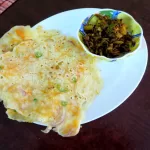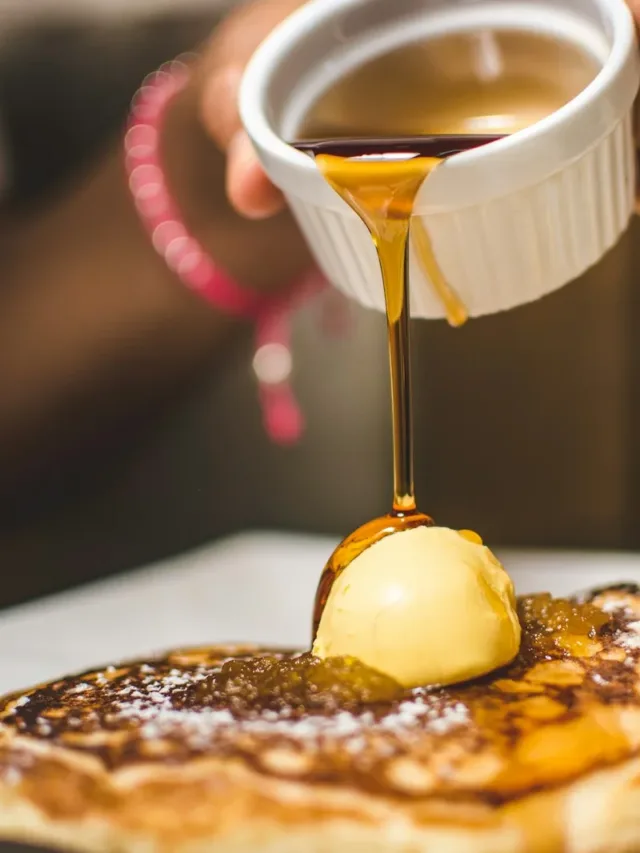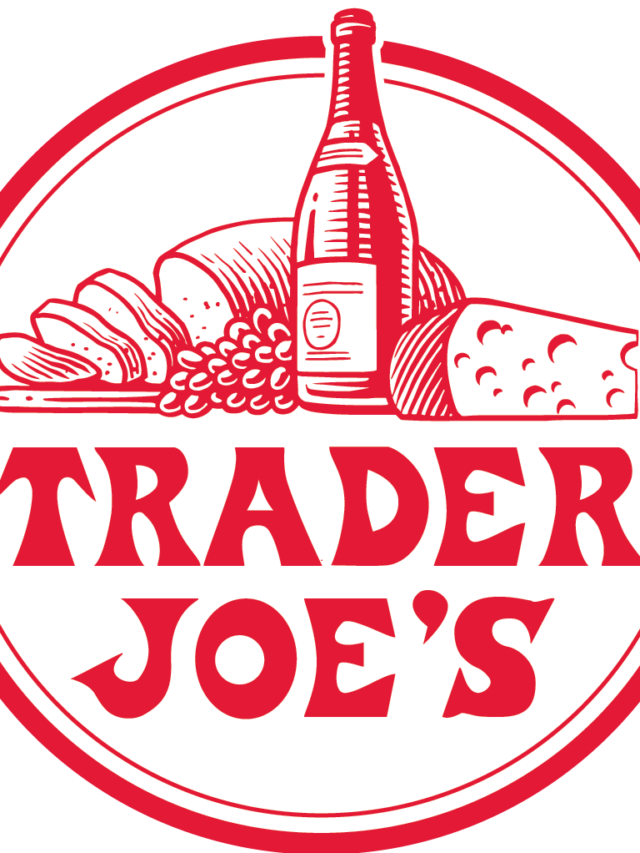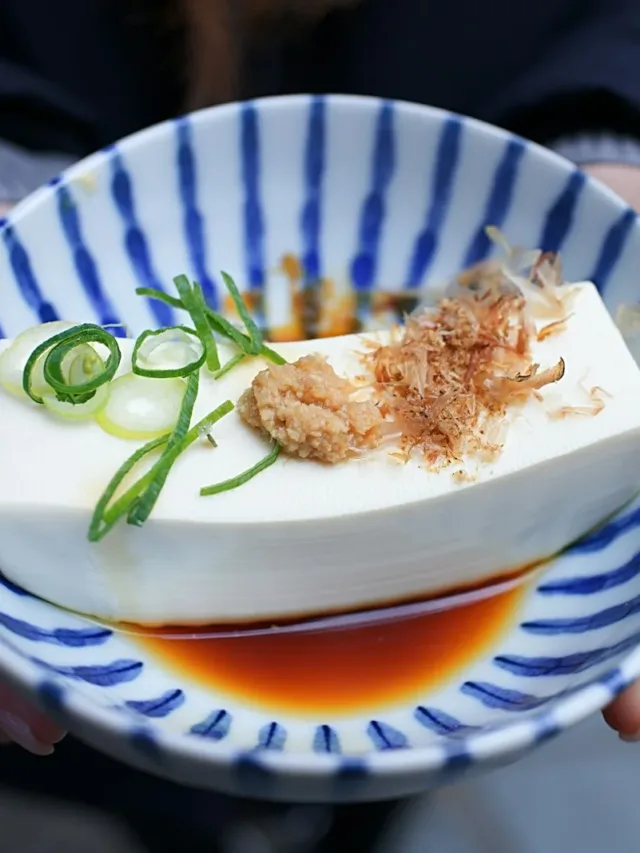How to make the perfect Tea time Assamese Snack “Kholasapori”?
Kholasapori is an easy to make (hard to pronounce) traditional snack food from Assam, India, made from rice flour and urad dal batter. Kholasapori is typically served as an Assamese snack in India, often enjoyed with tea or other hot beverages. It can also be served with chutney, such as mint or tamarind, for dipping. Some people like to sprinkle salt or chili powder on top for extra flavor. Kholasapori is best eaten warm, straight out of the fryer, as it can become hard and crunchy as it cools. It is a crispy, savory snack that can be enjoyed any time of day.
Here’s a simple recipe to make the mouth watering Assamese Snack Kholasapori at home:
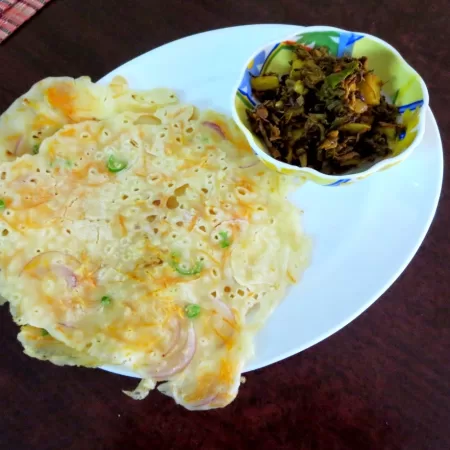
Assamese Snack Kholasapori
Equipment
- 1 grinder
- 1 Large Bowl
- 1 Frying Pan
Ingredients
- 1 Cup Rice Flour
- 1/4 cup urad dal (split black lentils)
- 1/2 cup Vegetable Oil (For Deep Frying)
- Salt to Taste
Instructions
- Soak the urad dal in water for 4-5 hours, or overnight.
- Drain the water and grind the urad dal into a smooth batter, using very little water.
- Mix the rice flour, salt, and urad dal batter in a large bowl. The mixture should be smooth and free of lumps.
- Heat oil in a deep frying pan over medium heat.
- Take small portions of the batter and shape them into flat, round cakes.
- Gently place the cakes in the hot oil and fry until golden brown on both sides.
- Drain on a paper towel to remove excess oil.
- Serve hot with tea or chutney.
Notes
Note: You can add cumin seeds, coriander leaves, or green chili to the batter for extra flavor.
Here’s an estimate of the nutrition values of 100g serving of Kholasapori:
Calories: 365kcal
Protein: 7.3g
Fat: 16g
Carbohydrates: 51g
Sugar: 1g
Fiber: 2g
Sodium: 130mg
Vitamins:
- Vitamin B1 (Thiamin): 0.3mg (27% of RDI)
- Vitamin B2 (Riboflavin): 0.2mg (16% of RDI)
- Vitamin B3 (Niacin): 2.5mg (16% of RDI)
- Vitamin B6: 0.1mg (7% of RDI)
- Folate: 60-80mcg (15-20% of RDI)
Minerals:
- Iron: 2-3mg (26-39% of RDI)
- Magnesium: 50-60mg (13-15% of RDI)
- Phosphorus: 150-200mg (21-29% of RDI)
- Potassium: 300-400mg (9-11% of RDI)
- Zinc: 1.5-2mg (14-18% of RDI)
These values are rough estimates and may vary depending on the ingredients used and the cooking method. It’s important to keep in mind that deep-frying can cause some loss of nutrients. It’s best to consume Kholasapori in moderation as part of a balanced diet that includes a variety of nutrient-dense foods.
